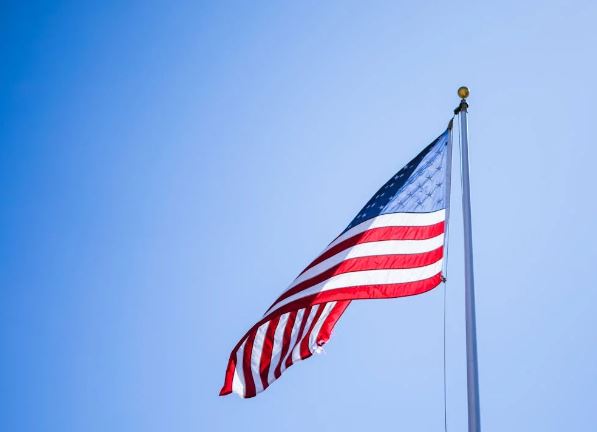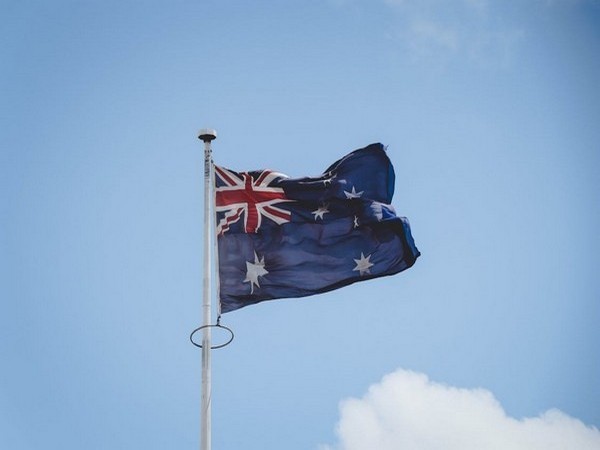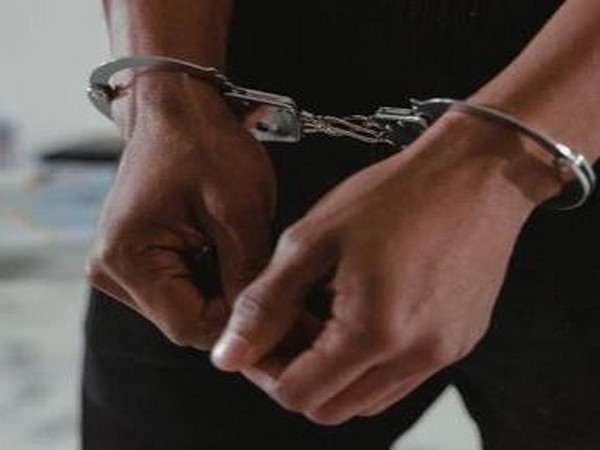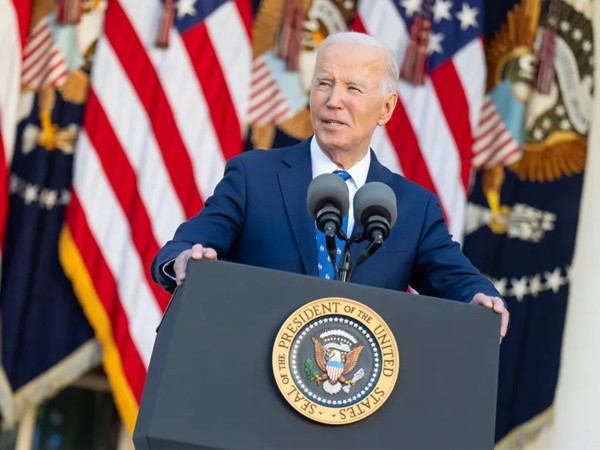Hard hit by the US opioid crisis, Oregon reconsiders decriminalization
Feb 19, 2024

Oregon [US], February 19: It's a common sight on the streets of downtown Portland, Oregon: people in front of stores, trendy restaurants and hotels, on sidewalks, corners, and benches, crouched over torch lighters held up to sheets of tinfoil or meth pipes.
Some drape blankets over their heads, or duck behind concrete barriers. Others don't try to hide.
"All summer long, we were right out in the open. You didn't have to be paranoid anymore, you didn't have to be worried about the cops," said John Hood, a 61-year-old drug addict living on the streets of Oregon's most populous city.
Hood spoke to Reuters on a downtown Portland corner, across from where he had just smoked fentanyl and methamphetamine outside an old bus station-turned homeless shelter.
"It was like smoking cigarettes. You just did it, and you didn't have to worry about it. Now they're cracking back down. They're wanting to make it illegal."
Oregonians in 2020 passed a ballot measure, opens new tab that created the most liberal drug law in the country, decriminalizing the possession of small amounts of illicit drugs and funneling hundreds of millions of dollars in cannabis taxes to addiction recovery services.
What's known as Measure 110 was touted as a revolutionary approach, treating addiction as a public health matter, not a crime. The skepticism around it comes as cities across America are seeking solutions for a drug crisis.
Nationally, the U.S. drug overdose death toll crossed 100,000 for the first time in 2021, amid the medical care disruptions of COVID, increased mental health problems and the widespread availability of lethal drugs.
Under Measure 110, instead of arresting drug users, police issue them $100 citations along with a card that lists the number to a hotline for addiction treatment services, which they can call in exchange for help dismissing the citation.
Those who simply ignore the citations face no legal ramifications. State data shows only 4 percent of people who receive citations call the hotline.
Now, facing public pressure amid a surge in overdose deaths, state lawmakers are preparing to vote on re-criminalization sometime during the session that started earlier this month. Democrats, who are the statehouse majority, are pushing for a bill to make small-scale drug possession a low-level misdemeanor, punishable by up to 30 days in jail, with the opportunity to seek treatment instead of facing charges.
Source: Fijian Broadcasting Corporation









